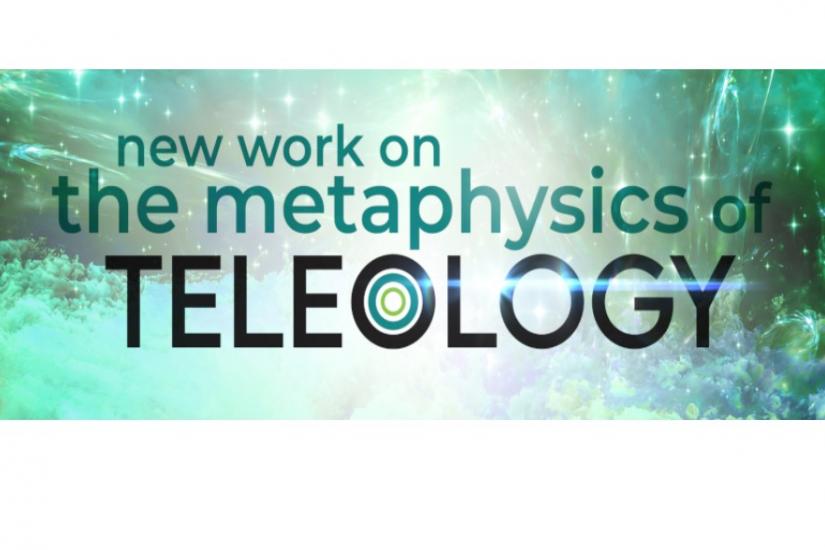
Aristotle inherited the attempt in Plato’s Republic VIII-IX to treat different governmental systems (politeiai) as having a built-in end. On Plato’s views, each system changes into another, inferior one necessarily. The interesting side of his account is that the nature such systems depends on the psychological make-up of the leading group within the citizen body. The psychological make-up determines decisions and actions in a way that they cause the systems deteriorate inevitably. For this reason, Plato identifies the primary cause of decay at the level of the governmental system, not at the individual decisions. In Politics V-VIII, on discussing various forms of rules Aristotle takes over the teleological approach with a critique of Plato’s position. He finds the account in the Republic simplifying and raises the question again whether there is a teleology built in the nature of politeia, which is distinct from the teleology of particular choices and actions. The analysis of the different forms of political regimes in history allows him to argue that changes at the level of systems are not one-way processes. Furthermore, even if the goal of the natural polis is the best achievable polis (also called, most confusingly, politeia) the development is not inevitable. It needs, among others, appropriate legislative measures. It seems therefore that in explaining the development of governmental systems Aristotle works with a different kind of teleology. It is a teleology which does not imply necessary results.
Péter Lautner teaches philosophy at the Pázmány Péter Catholic University. He worked for various international projects, has been contributing to the 'Ancient Commentators on Aristotle Project' (KCL) since 1991, published widely on late ancient and Byzantine philosophy, particularly on psychology and epistemology, but more recently on ethics as well.
The chief goal of the "Meant to Be: Resuscitating the Metaphysics of Teleology" project is to foster intelligent debate on philosophical issues concerning science, religion, and their conflicts and connections.
Headed by principal investigator Daniel Kodaj, along with research assistant Tamás Paár, and co-investigators László Bernáth and Martin Pickup and running from October 2020 to March 2022, the project will include a public seminar series, two international conferences, two edited volumes, and an online materials and bibliography that will be available on-line at the project website. In addition to its research activities, the project is launching a Hungarian YouTube channel to explore some of the project’s main topics intending to be accessible to non-academics, too.
"Meant to Be: Resuscitating the Metaphysics of Teleology", is supported by a subgrant from the New Horizons for Science and Religion in Central and Eastern Europe initiative, is supported by grants from the Ian Ramsey Centre and the John Templeton Foundation.and is hosted by the CEU Center for Religious Studies.
To find out more about this project, visit the website www.teloi.org.